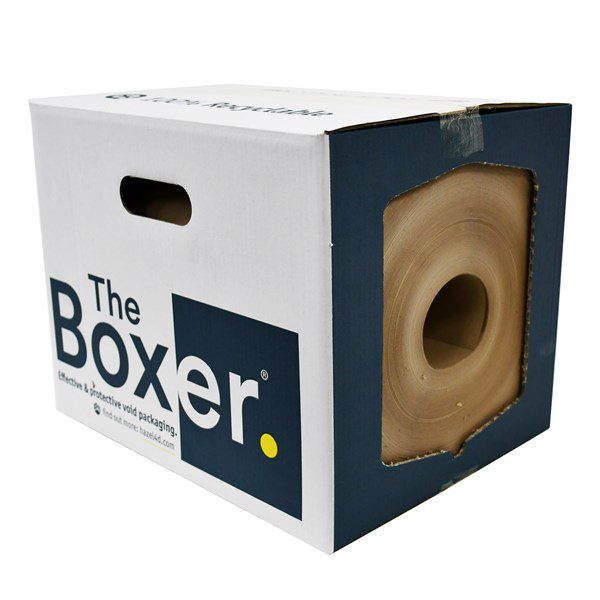Sustainable Packaging
Packing Tape
What should I use, cans or bottles for my beer?

By: Hadyn Oliver
4 Minute Read
Your Questions Answered
ToggleThe big debate. Are cans better than bottles? Or bottles better than cans? Many people ask this question, from craft-brewers to big companies. It’s been a debate since the time cans started popping up in stores, making beer easily accessible to consumers around the world.
Both come with pros and cons but here are a few key pointers that will help put your mind to rest, once and for all.
Let’s start with …
TASTE
A few years back, if you had asked a beer expert about whether to choose cans or bottles, they’d have laughed at the notion of using aluminium cans. Fast forward to the 2000’s and peoples thoughts began to change, and what happened? People started using cans more and more.
Many people still hate the idea, they insist they impact the flavour and ruin the taste. But studies have found, people are unable to distinguish between bottles and cans when put to a blind test. Of course, some super sensitive tasters are going to be able to tell the different, but this is a tiny minority, and while they may be able to taste the difference, it’s not often detrimental to the beer.
Most new craft brewers embrace the can and are certain beer tastes fresher and more flavoursome from it. Hop forward beers in particular are regarded as better from the can and truer to what it’s meant to taste like.
The winner: The Aluminium Can
FRESHNESS
Bottles have a higher chance of leaking oxygen compared to cans, a big issue for brewers. The can is designed to keep completely airtight, and providing they are properly filled, they have an incredibly small chance of oxygen finding it’s way into a can.
Bottles on the other hand need a small amount of head space, and if oxygen gets inside, it can ruin the beer. Even if the head space in a bottle is filled with CO2, oxygen can leak into it as the caps aren’t fully airtight. Although this often takes years, in some beer styles, it can be a good thing and add a new depth to the brew.
The winner: The Aluminium Can, but also The Glass Bottle for some breweries.
THE RIGHT BEER FOR THE OCCASION
Having a beer is more than just the flavour, it’s a social thing. Beer is a great drink to enjoy in company, in the right atmosphere, with some relaxing vibes. Different occasions call for different beers, and it can even come down to the packaging too.
Cracking open a can on the beach or at the BBQ on a hot day is the way to enjoy a great beer.
Although, more special occasions call for bottled beer. The sound of a beer bottle being cracked open, or the pop of a cork from something extra special adds that sense of occasion. When having a special occasion, a 75cl bottle is generally the best way to go, cans wouldn’t bring the same vibe or satisfaction.
The winner: Both
THE BEER STYLE
The style of the beer affects the packaging. It’s hard to know how well cans age, and so bottles are typically used for stronger brews that are to be stored for months and years, like barley wine.
For your standard brew like an IPA, pale ale, stout and ambers, cans are generally considered the better choice.
Bottles tend to withstand higher pressure than cans (which have been known to explode), especially when the temperature is warmer. Highly carbonated styles like Weissbier or Belgian beers are very rarely found in cans. For the same reason, beers that are undergoing a secondary fermentation cannot be stored in cans.
The winner: The Glass Bottle depending on the style.
THE ENVIRONMENTAL IMPACT
With the concern for our planet growing, breweries are doing all they can to minimise their carbon footprint. The impact of different packaging options is increasingly important and should be something your brewery is looking into.
Both bottles and cans are recyclable, cans tend to be more readily recycled globally, and contain more materials that can be recycled than glass.
But the main advantage of cans over bottles is the size and weight. Cans are far lighter than bottles, and pack up much smaller, meaning they are lighter to transport and reduce the carbon footprint. Additionally bottles tend to require more protection than cans to prevent breakages, but there has been reports of breweries struggling with cans due to them denting during transportation.
The downside to cans is the environmental cost to make aluminium. Unfortunately it is very high. But putting that aside, cans tend to be favoured by both breweries and consumers due to their eco-friendliness and lower transport costs.
THE RESULT …
Is it cans? Or is it bottles?
There are pros and cons for both sides of the argument, and while it may never be laid to rest, it’s good to see the good and the bad about each option. At the moment theirs a place for both cans and bottles, with both offering advantages depending on a number of things. After all it’s a beer, so whatever you choose, be it a bottle or a can, let’s raise a toast to a great beer!
Get in touch if you are looking for packaging for your beer can or bottle packaging.









